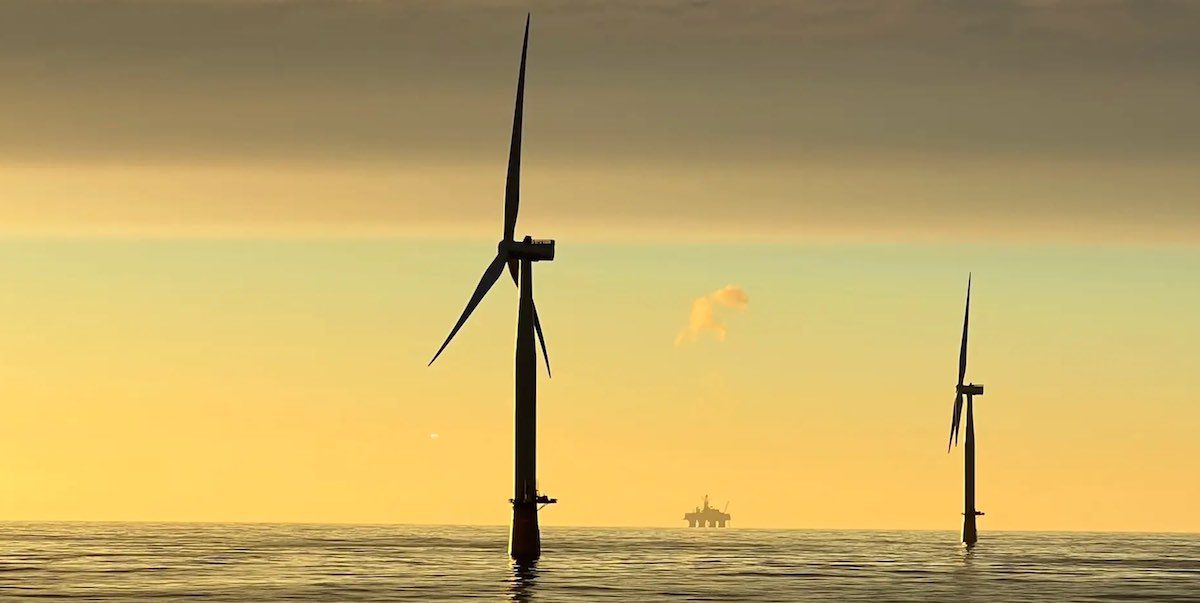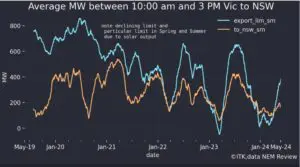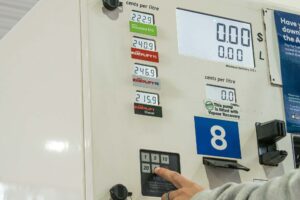Nine countries bordering the North Sea have announced they will synchronise offshore wind tenders out to the end of the decade with plans to auction around 15GW each year and award almost 100GW by 2030.
The announcement was made this week at the annual North Seas conference held at the Hague by the North Seas Energy Cooperation (NSEC).
The agreement was signed by nine countries including eight from the European Union – Belgium, Denmark, France, Germany, Ireland, Luxembourg, the Netherlands, and Sweden – and Norway, along with the European Commission.
The United Kingdom, which also borders the North Sea but was not part of the agreement, was present at the NSEC meeting as a guest.
As part of this so-called ‘Action Agenda’ the nine countries collectively laid out a thorough NSEC tender planning which the group hopes “translates NSEC countries’ broad ambitions into tangible progress”.
Around 15GW will be tendered each year, awarding almost 100GW between 2023 and 2030, helping to provide predictability for the European wind power sector and allow for better collaboration between the nine countries.
In particular, the NSEC expects this increased predictability to help facilitate better cooperation and coordination on cables, pipes, harbour infrastructure, and access to resources. The nine countries will also seek to better coordinate their infrastructure planning at sea.
The European Network of Transmission System Operators for Electricity (ENTSO-E) will also publish a shared plan in January of next year for infrastructure in the North Sea, with input from NSEC countries.
“Europe’s energy mix is becoming cleaner and greener, and offshore renewables will have an indispensable part in the future energy mix,” said Kadri Simon, European Union commissioner for energy.
“The North Sea is leading the way in their deployment and has the potential to become Europe’s ‘Green Power Plant’.
“Our discussions today showed the joint determination and commitment to continue the work to deliver on our offshore ambitions, and to take the work forward to boost the competitiveness of this vital sector.”
This virtually unparalleled international cooperation will serve as a valuable foundation for Europe’s efforts to build an integrated and decarbonised energy system by 2050.
“In recent years, North Sea countries shared ambitious plans for sustainable offshore wind energy development,” added Rob Jetten, the Dutch minister for energy and climate.
“Now, it is time to bring these ambitions into action. We all share the responsibility to develop the North Sea offshore energy plans in a responsible manner, in coordination with other North Sea-users and minimizing ecological impact. Close collaboration is the only way to successfully reach our energy ambitions.
“Today we start with the joint actions to take the sector to the next phase.”










